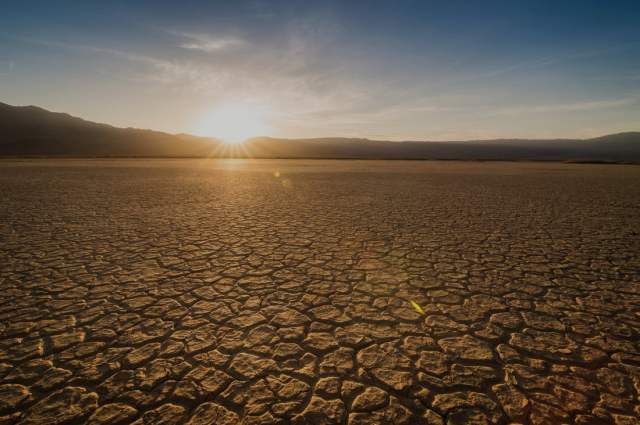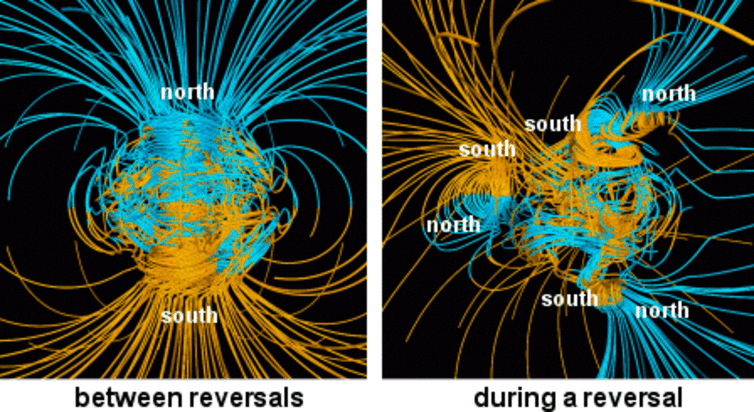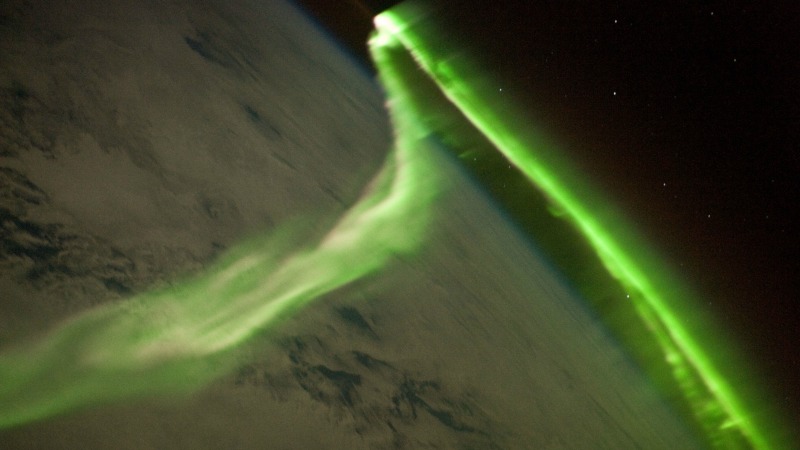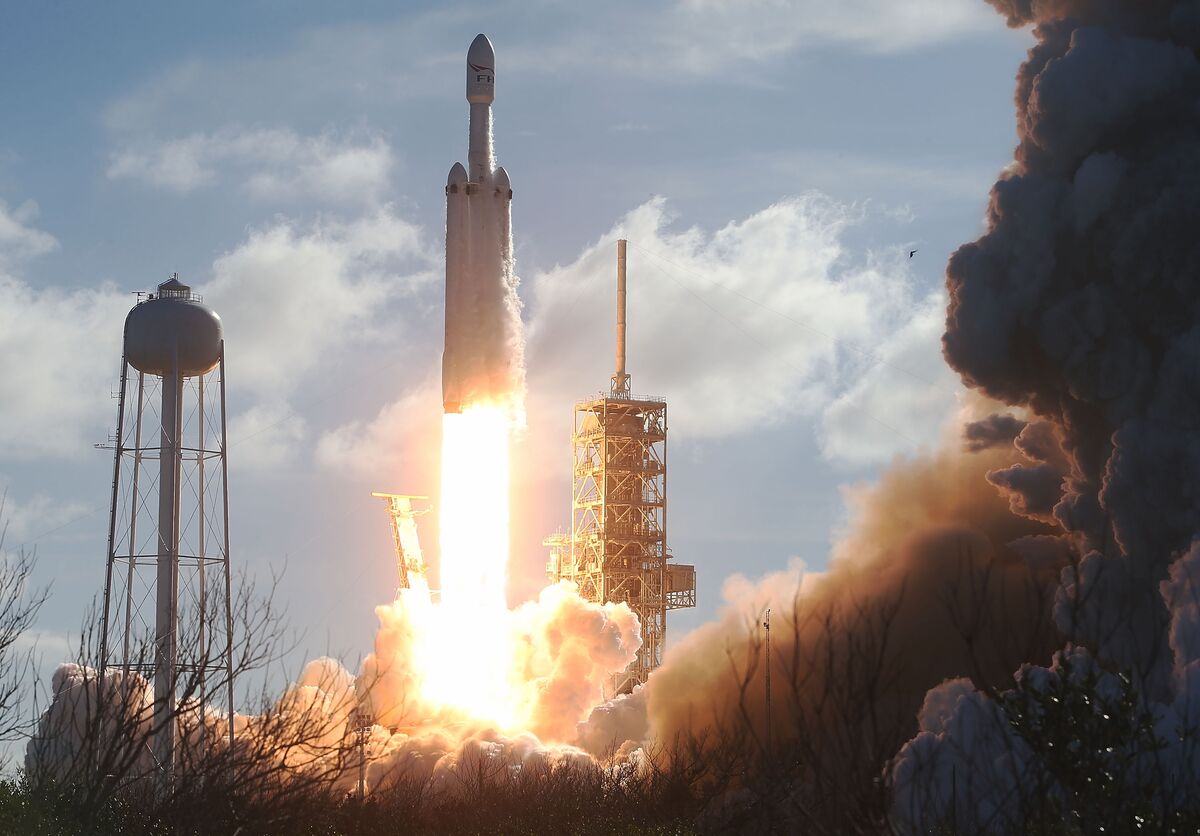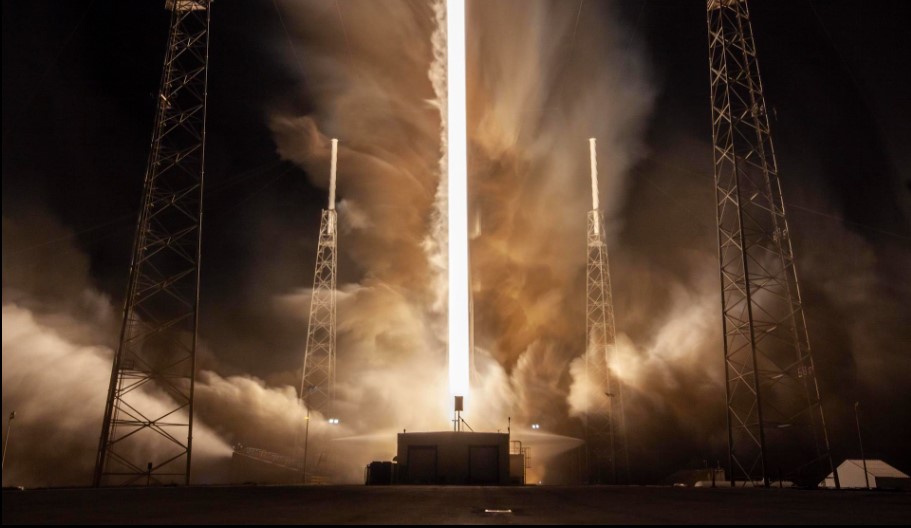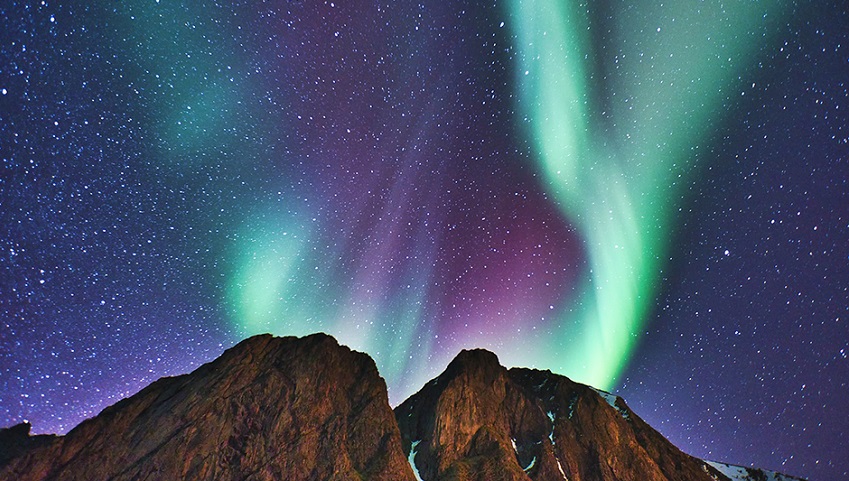Sunsettommy
Diamond Member
- Mar 19, 2018
- 15,130
- 12,708
- 2,400
View attachment 520721

What were climate scientists predicting in the 1970s?
<p>1970s ice age predictions were predominantly media based. The majority of peer reviewed research at the time predicted warming due to increasing CO2.</p>skepticalscience.com
Just 68 studies, HA HA HA, I can post well over 500 papers talking about COOLING
285 Papers 70s Cooling 1
285 Papers 70s Cooling 2
285 Papers 70s Cooling 3
Skeptical science LIED to you!
